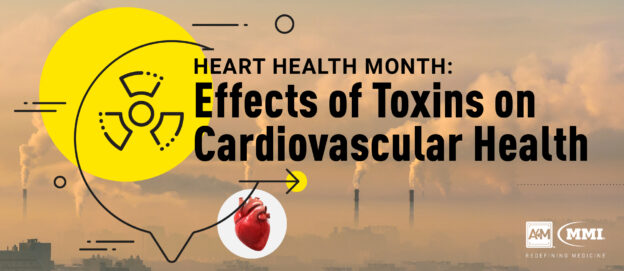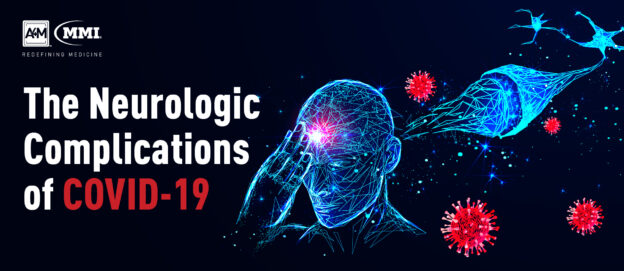The human body is vulnerable to a variety of environmental hazards which can have a noxious effect on overall health contributing to the development of cancers, neurological and neurodegenerative diseases, metabolic disorders, as well as reproductive and developmental disorders. Growing evidence suggests exposure to chemicals can elevate the risk of cardiovascular disease, a leading cause of death in the United States which costs the nation hundreds of billions of dollars annually.



